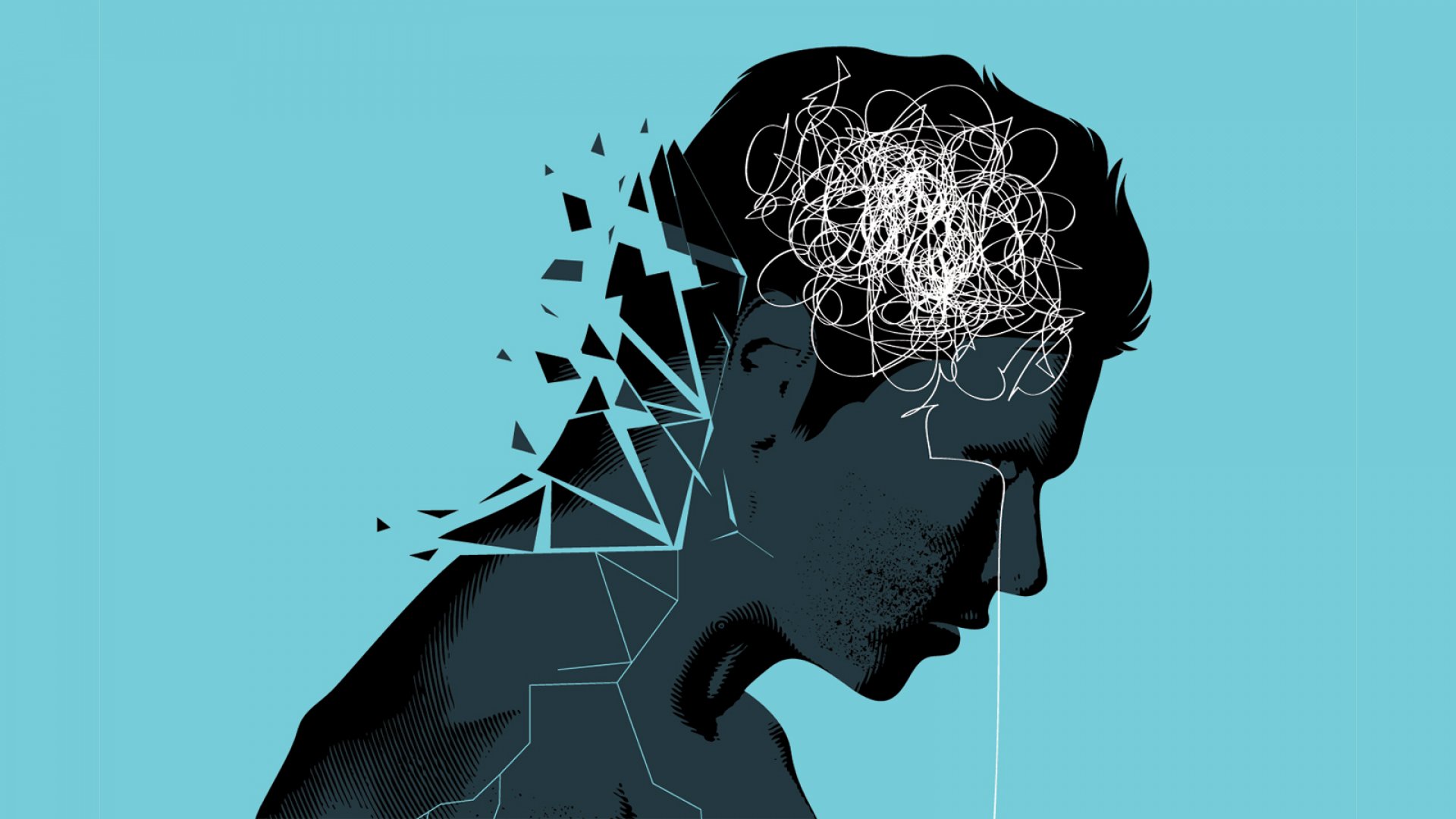
Throughout history, mental illness has been a topic shrouded in fear and misunderstanding. In the past, even mild cases of mental instability were often seen as a sign of weakness, and those who were deemed mentally ill were often subjected to inhumane treatment and institutionalized in asylums.
History of the View on Mental Health
The practice of institutionalizing the mentally ill began in the Middle Ages, where they were often housed in hospitals or jails alongside those who were physically ill or criminals. However, it wasn’t until the 19th century that asylums specifically for the mentally ill were established. These asylums were often overcrowded, with poor sanitation and little to no patient treatment options. Patients were commonly subjected to inhumane treatments such as electroshock therapy, lobotomies, and isolation, which only exacerbated their conditions.
The stigma surrounding mental illness persisted well into the 20th century, with little progress made regarding treatment or understanding. Even as late as the 1950s and 1960s, mental illness was still largely misunderstood and often seen as taboo. Those suffering from mental illness were often ostracized and faced discrimination in both their personal and professional lives.
However, the latter half of the 20th century saw a significant shift in attitudes toward mental illness. The introduction of psychiatric medications such as lithium and antidepressants and the rise of psychotherapy helped to make treatment options more accessible and effective. The growing awareness of mental illness also led to establishing community mental health centers and deinstitutionalizing many asylums.
Modern-Day Views on Mental Health
The 21st century has seen an even greater focus on mental health awareness and acceptance. Mental health conditions are no longer seen as a sign of weakness or moral failing, and those who suffer from them are increasingly able to receive the support and resources they need to manage their conditions. Nowadays there are plenty of great locations to visit with licensed professionals like Washington therapy able to treat and help those in need. The rise of social media and online support groups has made it easier for people to connect with others experiencing similar struggles, and mental health advocacy groups have helped promote greater understanding and acceptance.
The increased focus on mental health has also brought its own set of challenges. Some critics argue that the emphasis on mental health has led to overdiagnosis and overtreatment, with individuals being unnecessarily labeled with mental health conditions and prescribed medication they don’t actually need. Others argue that the push for mental health awareness has been driven more by corporate interests than a genuine concern for people’s well-being.
Conclusion
Despite these challenges, it’s clear that the increased awareness and acceptance of mental health is a positive step forward. By reducing the stigma surrounding mental illness and promoting greater understanding and support, we can help ensure that everyone has access to the resources they need to live healthy and fulfilling lives. While the history of mental health has been marked by fear and misunderstanding, the future holds the promise of greater acceptance and understanding for all those who suffer from mental illness.
Leave a Reply